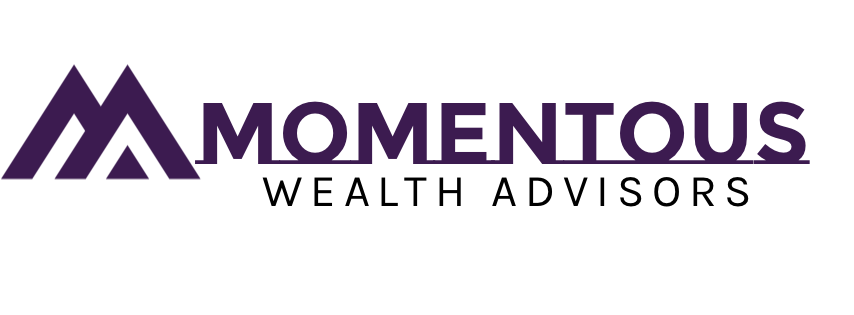Roth Conversions in Retirement. Do they Make Sense?
Roth Conversions in Retirement: Do They Make Sense?
Roth conversions in retirement can be a strategic financial move for certain individuals. By converting traditional IRA or 401(k) assets into a Roth account, retirees have the opportunity to potentially reduce future tax burdens and enhance financial flexibility. However, several factors must be carefully evaluated to determine if Roth conversions are suitable for an individual's specific circumstances.
Advantages of Roth Conversions in Retirement
Tax Diversification
Roth conversions can contribute to tax diversification in retirement portfolios. This diversification allows retirees to have a mix of taxable, tax-deferred, and tax-free assets, providing greater control over tax liabilities in retirement.
Tax-Free Withdrawals
Qualified distributions from Roth accounts are tax-free. By converting traditional retirement assets to a Roth account, retirees can position themselves to access tax-free funds in retirement, thereby potentially reducing their overall tax burden.
Legacy Planning
Roth accounts offer valuable estate planning benefits. Inherited Roth accounts pass to beneficiaries tax-free, potentially creating a powerful legacy planning tool for passing on wealth to heirs.
Considerations for Roth Conversions
Tax Implications
Roth conversions trigger immediate tax liabilities. Retirees considering Roth conversions must carefully assess their current and future tax situations to determine the impact of the additional taxable income generated by the conversion.
Cash Flow and Available Resources
Paying the taxes owed on a Roth conversion from non-retirement accounts is essential to maximize the benefits of the conversion. Retirees should have sufficient cash reserves or non-retirement assets to cover the taxes without tapping into the converted Roth funds.
Time Horizon
The potential benefits of Roth conversions are maximized with a longer time horizon. Younger retirees may benefit more from converting to Roth accounts, as they have more years to potentially grow tax-free funds.
Conclusion
In conclusion, Roth conversions in retirement can make sense for individuals who understand the tax implications, have the financial resources to pay the taxes, and have a long enough time horizon to fully benefit from the conversion. Retirees need to work closely with financial advisors and tax professionals to assess their circumstances and develop a comprehensive retirement income and tax strategy that incorporates the potential advantages of Roth conversions.
-Brian D. Muller, AAMS® Founder, Wealth Advisor
Disclaimer: This material is for informational purposes only and should not be construed as investment advice. Past performance is not indicative of future results. Investors should make investment decisions based on their unique investment objectives and financial situation. While the information is believed to be accurate, it is not guaranteed and is subject to change without notice.
Investors should understand the risks involved in owning investments, including interest rate risk, credit risk and market risk. The value of investments fluctuates and investors can lose some or all of their principal.
Always consult with a qualified financial professional before making any investment decisions.
